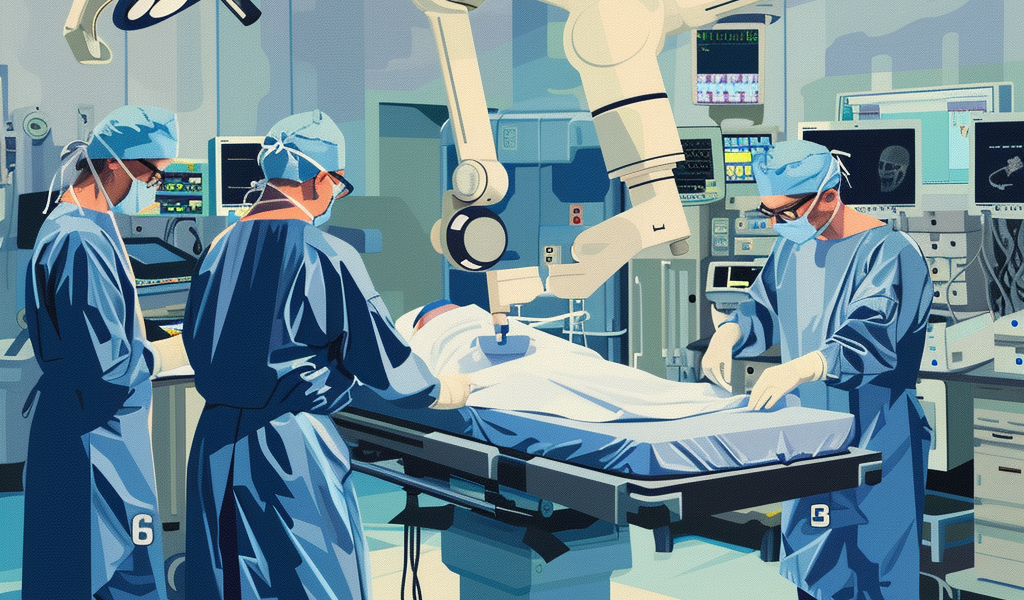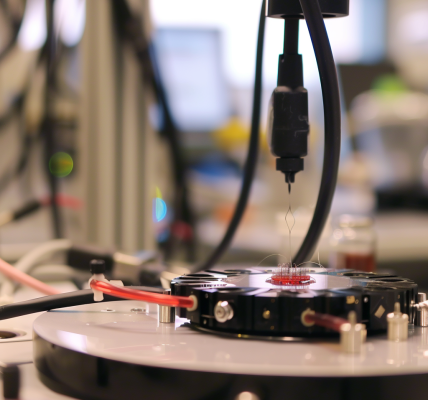In a significant advancement for surgical practices in the UK, Portsmouth Hospitals University NHS Trust has launched the nation’s first robotic-assisted day case surgery programme. This innovative initiative is part of a comprehensive three-year study aimed at evaluating the effects of robotic technology on patient outcomes, overall productivity, and operational efficiency within the healthcare system.
The introduction of this cutting-edge programme marks a pivotal moment for the NHS, as it represents the first occasion where a dedicated robotic-assisted surgery system has been integrated into a day surgery unit. This ambitious project is taking place at the Queen Alexandra Hospital, a key facility within the Portsmouth Hospitals University NHS Trust.
With the aim of expanding the capabilities of surgical procedures, the programme is set to enable surgeons to address a broader spectrum of medical conditions through robotic assistance. Currently, the first phase of the initiative is focused on transitioning all existing keyhole surgeries within the unit to robotic-assisted techniques. To date, local surgeons have successfully completed over 400 day case procedures across various specialties utilizing the advanced da Vinci surgical system.
As the programme progresses, clinicians are planning to broaden its scope by converting a portion of existing inpatient robotic procedures into day cases, allowing patients to spend only 23 hours in the hospital post-surgery. This shift is expected to enhance patient convenience while maintaining high standards of care.
Historically, robotic surgery has been primarily reserved for more complex malignant procedures, which has limited access to these advanced technologies for both simple and intricate benign conditions. The introduction of this day case programme aims to change that paradigm.
Professor Jim Khan, the chief investigator of the study and a consultant surgeon at Portsmouth Hospitals University NHS Trust, expressed optimism about the potential benefits of robotic-assisted surgery. He stated, “We have already proven that robotic-assisted surgery using the da Vinci systems can deliver better outcomes for patients when used in our main hospital theatres for cancer and complex benign procedures. We believe that if we apply the use of this technology to our day surgery practice, robotic-assisted surgery could enable us to treat more patients, across more specialties, whilst providing a valuable resource for safe training of surgeons and theatre staff, as well as improve productivity across the wider hospital.”
Stuart Mercer, the study leader and clinical director at PHU, also highlighted the significance of this initiative. He remarked, “We’re delighted to continue to build on the strong foundations of our multi-specialty robotics programme by bringing robotic-assisted surgery using da Vinci technology to the new environment of the Day Surgery Unit. This dedicated programme has allowed us to design workforce and workflow around the da Vinci surgical system, which we believe will enhance both patient care and surgical training.”
The introduction of robotic-assisted surgery in day case settings not only promises to improve patient experiences but also aims to streamline surgical processes, thereby increasing the overall efficiency of healthcare delivery. As this programme unfolds, the findings from the study are anticipated to provide valuable insights that could shape future practices across the NHS.
This pioneering effort at Portsmouth Hospitals University NHS Trust represents a significant step forward in the evolution of surgical techniques in the UK, potentially setting a new standard for the integration of advanced technology within the healthcare system.





